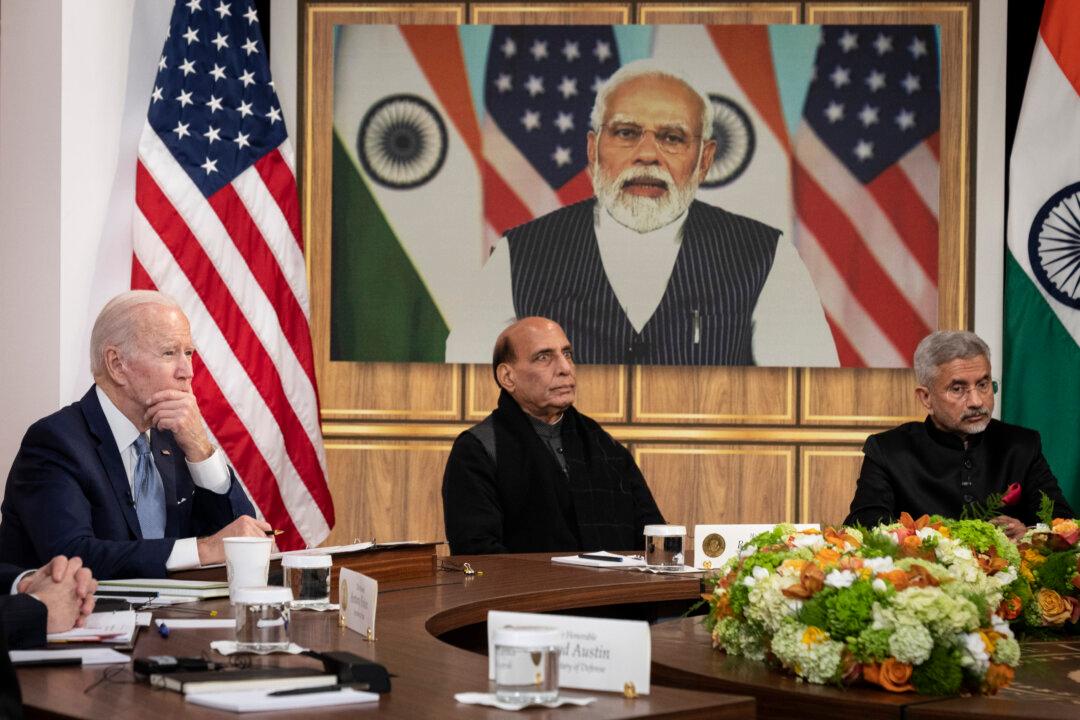The United States says it did not ask India for any specific action regarding Russian energy imports, saying that it supports India making “its own judgments” on how to approach the Russia–Ukraine crisis, the White House said Monday.
President Joe Biden and India’s Prime Minister Narendra Modi had a “very candid conversation” on the Russia–Ukraine crisis at a virtual summit on Monday, according to a senior administration official, who described the hour-long meeting as “warm and productive.”





